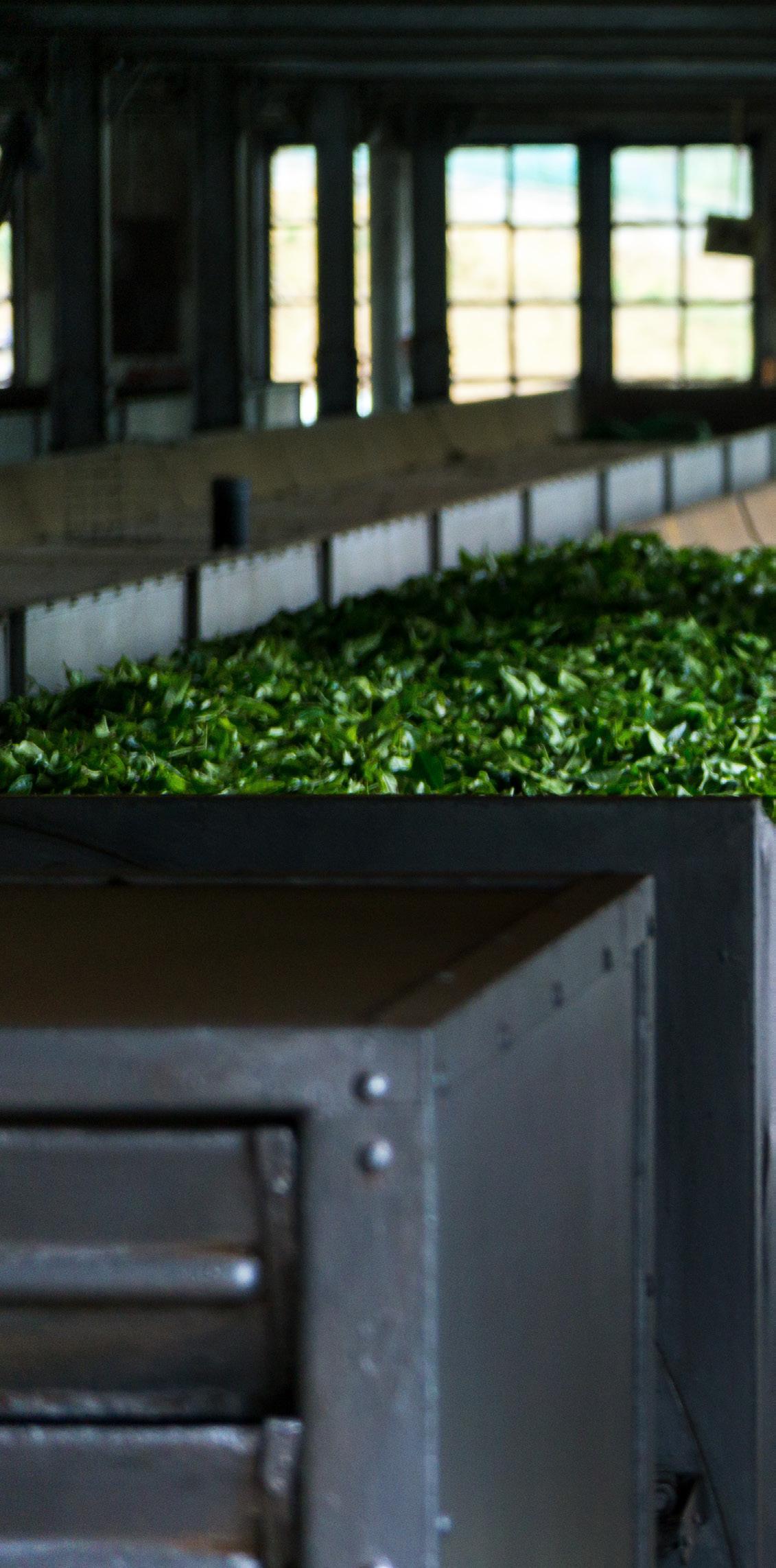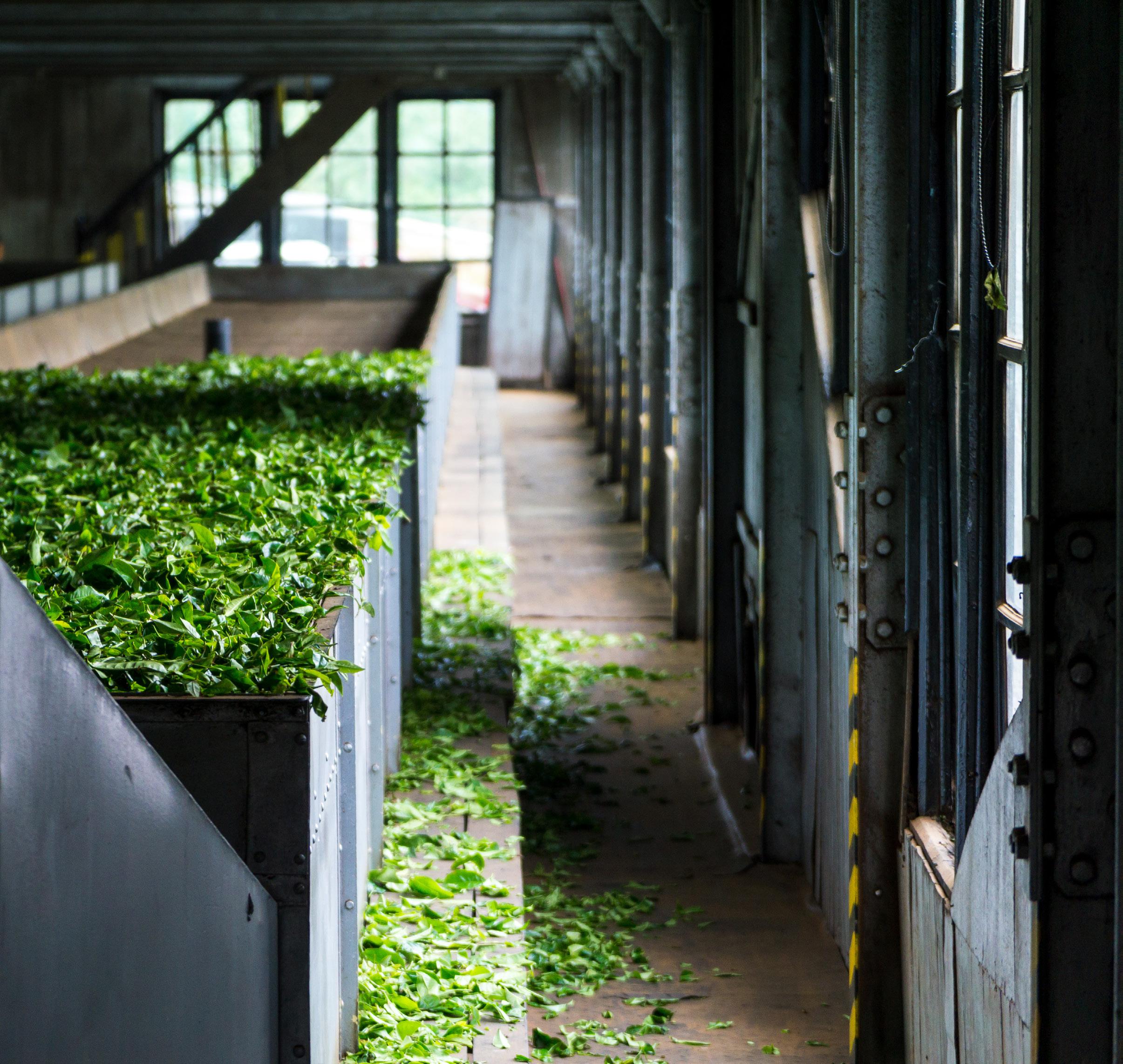
1 minute read
Methodology
from Impact of COVID-19 Pandemic on Small & Medium-sized Enterprises in Myanmar F&B sector 2020
by WWF-Myanmar
This report is based on a set of semistructured questionnaires conducted by WWF staff. 80 Small and medium enterprises were randomly selected from the list provided by the Small and Medium Enterprise Development Department and approached for online interviews. Out of 80 approached enterprises, 49 Small and Medium Sized Enterprises (SMEs) participated in the survey.
The survey targeted SMEs in Yangon, Mandalay and the Ayeyarwady Region. The survey covered two different categories of SMEs: 1) SMEs that had previously worked with Tha Bar Wa project and participated in workshops and trainings on various topics on green finance and cleaner production; 2) SMEs who had no relationship with the Tha Bar Wa project in the past.
Advertisement
Out of the total respondents, 30% of the SMEs belonged to the second category and had no connection with Tha Bar Wa Project. 70% of the SMEs had previous relationships with the project.
Among the total interviewed 49 respondents, 51% (25 SMEs) were from Yangon, 45% (22 SMEs) from Mandalay Region and 4% (2 SMEs) of the respondents were from Ayeyarwady region.

The survey covered SMEs from 15 different types of businesses – Bakeries; Biscuits; Milk Dairies; Drinking Water and Juice; Food Stuffs; Fruits preservations; Pickle; Green Tea and Tea Leaves; Vinegar and Sauce; Cold storage; Vermicelli and Rice Noodle; Snacks; Rice Millers; Edible Oil; Coffee. The number of employees from the SMEs surveyed range from 3 to 25 employees.
The survey was conducted online and via telephone (due to the travel restriction) to assess their current operationality, requirements and outlook towards implementing more energy-efficient and less polluting production methods. See appendix for questionnaire details.




